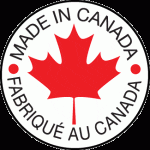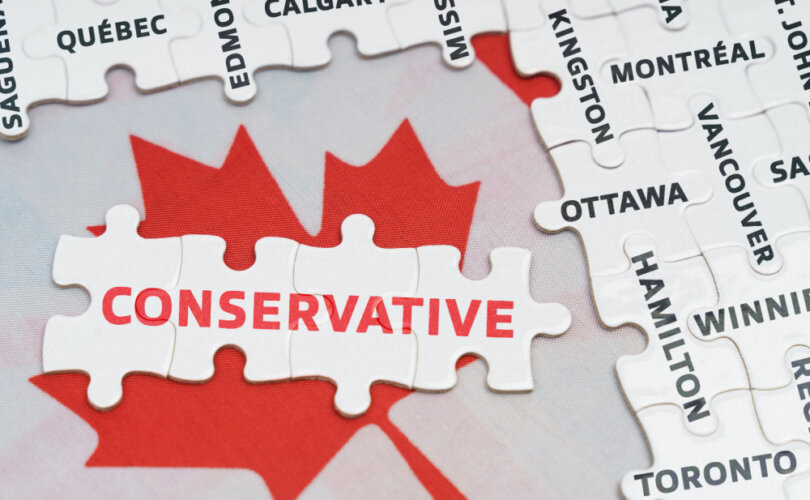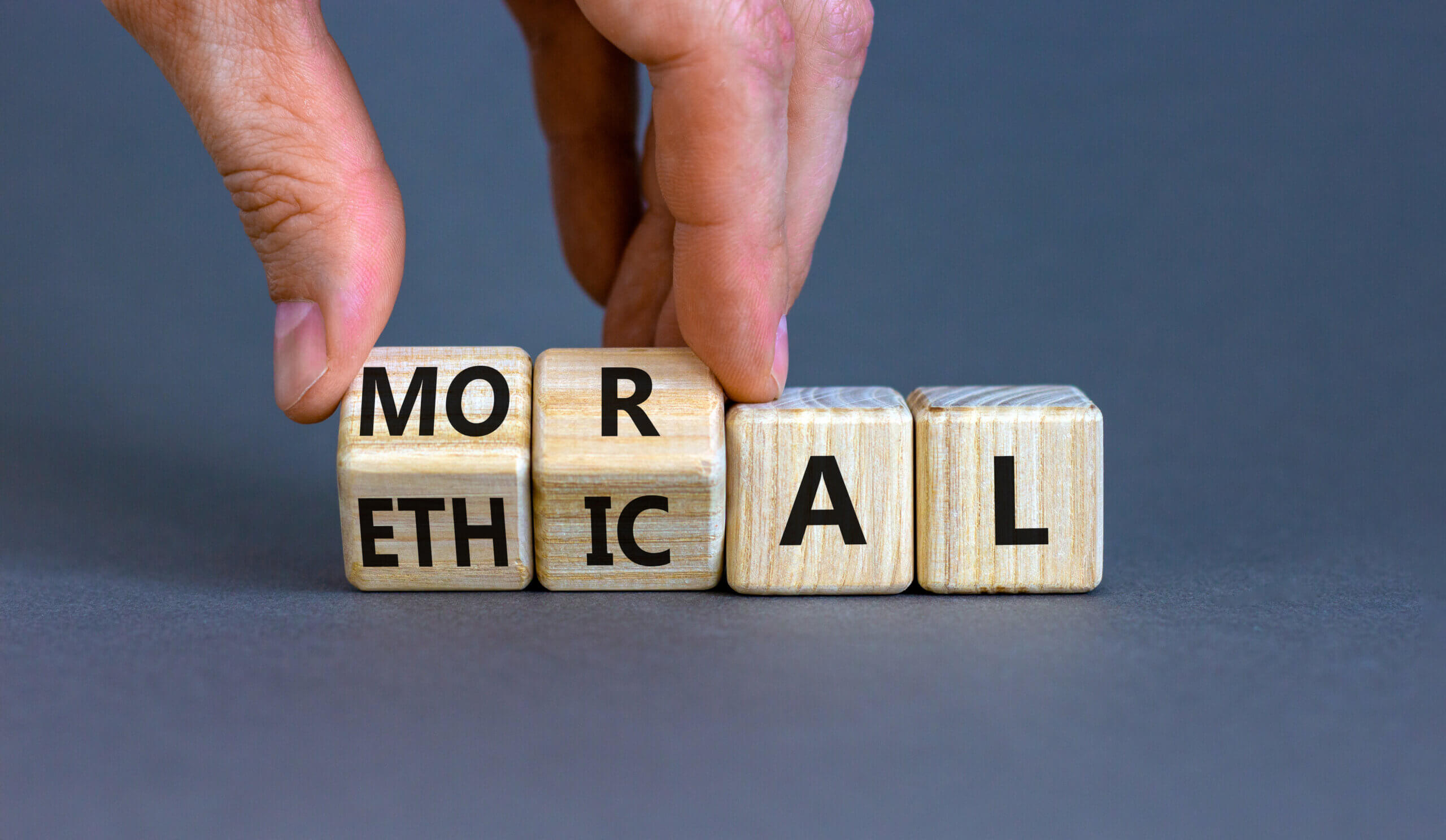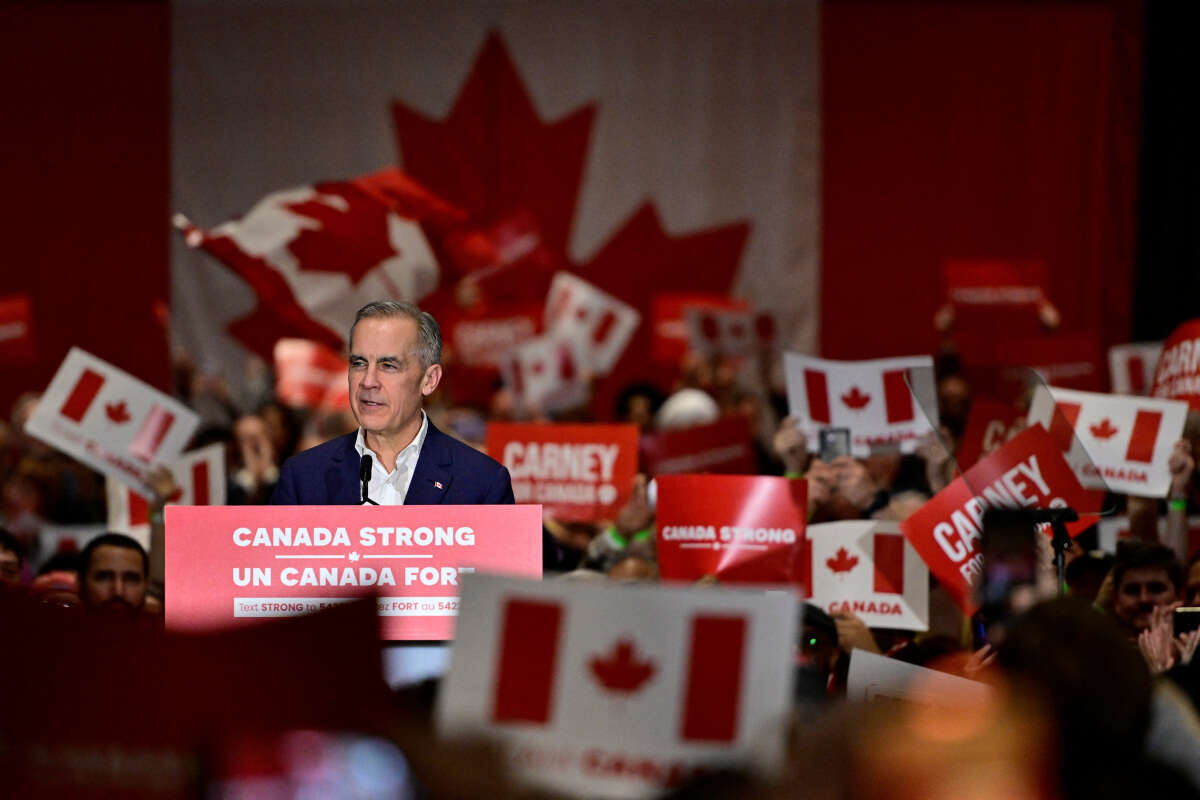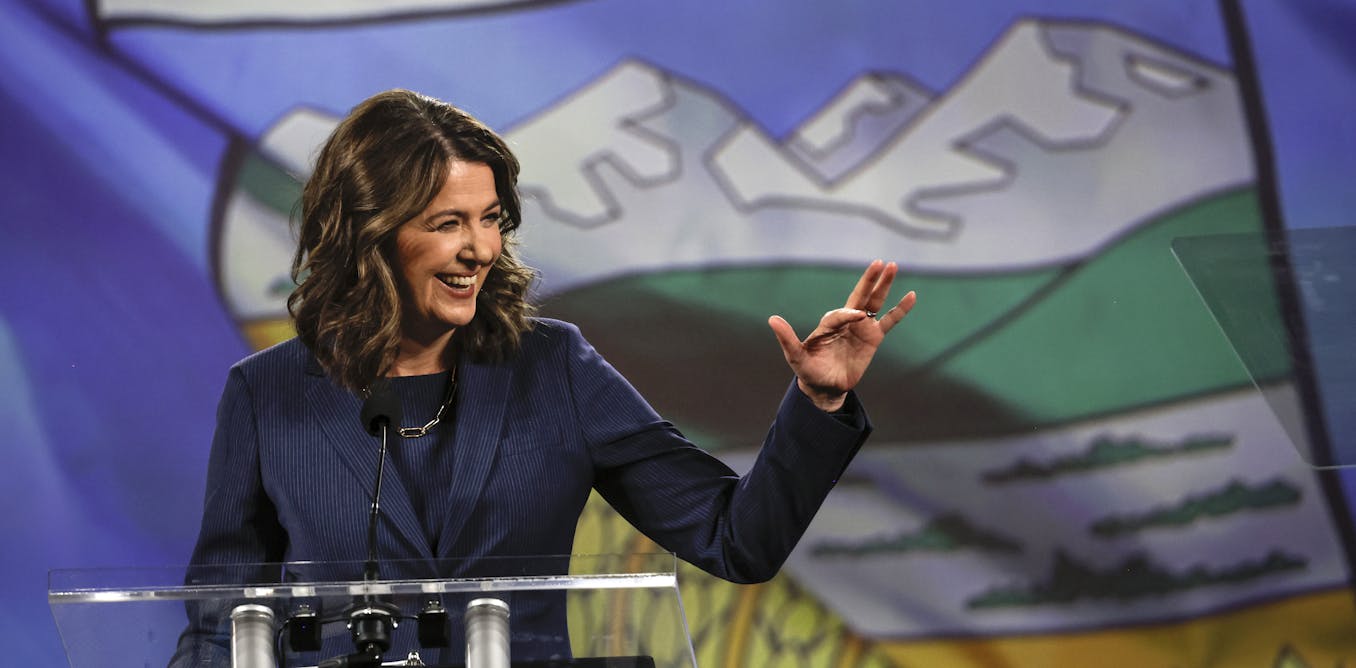Well, isn’t it just a delightful surprise? Young Canadians flocking to the Conservative party faster than you can say “carbon tax.” Trudeau’s government must be thrilled as they watch their approval ratings plummet like a lead balloon. But fear not, dear readers, for in the ever-entertaining world of politics, anything can happen. Who knows, maybe Justin Trudeau will pull a rabbit out of his fashionable hat and win the youth back with a new dance routine. Until then, keep your popcorn ready, because this political circus is far from over! 🔥💃🎩
In a recent poll, it has come to light that an increasing number of young Canadians between the ages of 18 and 29 are leaning towards voting for the Conservative party, a shift that coincides with growing concerns over censorship and inflation during the Trudeau government’s tenure. Nanos Research conducted this survey, revealing that a significant 39.21% of voters in this age group intend to cast their ballots in favor of the Conservative party, as opposed to the Liberal or New Democratic Party (NDP), in the upcoming election, which could be called anytime between now and October 2025.
The Young Generation’s Political Shift:
Young Canadians have been traditionally seen as a stronghold for the Liberal Party, but the winds of change seem to be blowing. Nik Nanos, the chief data scientist and founder of the polling company, expressed his concerns for the Liberals in light of this shift. He noted that the Conservatives are gaining ground among male and female voters, especially among the younger demographic.
Changing Preferences:
Comparing the numbers, it’s evident that only 15.97% of young Canadians in the 18-29 age group plan to vote Liberal, marking a significant drop from the 26.8% recorded in the previous month. Meanwhile, the NDP ranks as the second most favored party in this demographic, with 30.92% of young Canadians planning to cast their votes in their favor.
Nanos predicts that the popularity and coalition built by Prime Minister Justin Trudeau in 2015 are gradually eroding. The Liberal party finds itself caught between the progressive left, where young people demand action, and the Conservatives, who are appealing to those struggling to make ends meet.
The Economic Concerns:
The concerns among young Canadians are multifaceted, extending beyond politics. Many are grappling with financial challenges, including the inability to afford groceries, gas, or social outings. They perceive the future shaped by Justin Trudeau as bleak and devoid of the economic opportunities their parents enjoyed. The promises of “owning nothing by 2030” from Trudeau’s vision have been met with skepticism by this younger generation.
Response to LGBT Promotion:
Interestingly, Trudeau’s active promotion of LGBT rights has also triggered responses from the youth, with more of them standing up for traditional values in recent months.
Inflation and Economic Policies:
In July, Canadians experienced the highest interest rates in 22 years, as the Trudeau government continued its massive spending. While global inflation was a factor, the government’s substantial borrowing for COVID and ideological programs has ballooned the national debt to over $1 trillion within a span of less than two years.
Critics argue that the government’s spending has been reckless, contributing to the current inflationary crisis. The Bank of Canada even acknowledged that federal “climate change” programs, considered “extreme” by some provincial leaders, have played a role in fueling inflation. Increased fuel-related taxes and international initiatives like the UN’s “2030 Agenda for Sustainable Development” have added to the cost of everyday goods.
Social Media Censorship:
The Trudeau government’s Online News Act has restricted access to news on Facebook and Instagram as Meta refuses to comply with the mandated fees. This censorship hits young Canadians the hardest, as social media is their primary source of news.
Potential Election Impact:
New regulations suggest that Canadians may be blocked from sharing news on Facebook and Instagram until after the federal election, sparking concerns that the government may be trying to control information flow.
Jack Fonseca of Campaign Life Coalition warns that Trudeau might resort to mass voter fraud if the country faces another lockdown and vaccine mandates during the next election. The opposition and Canadians must remain vigilant to ensure a fair electoral process.
Conservative Leader’s Promises:
Conservative leader Pierre Poilievre has strongly criticized the Online News Act, drawing parallels to George Orwell’s “1984.” He has pledged to eliminate the carbon tax and revitalize the economy if elected prime minister, even though he supports issues like homosexual marriage and has vowed not to introduce pro-life legislation.





